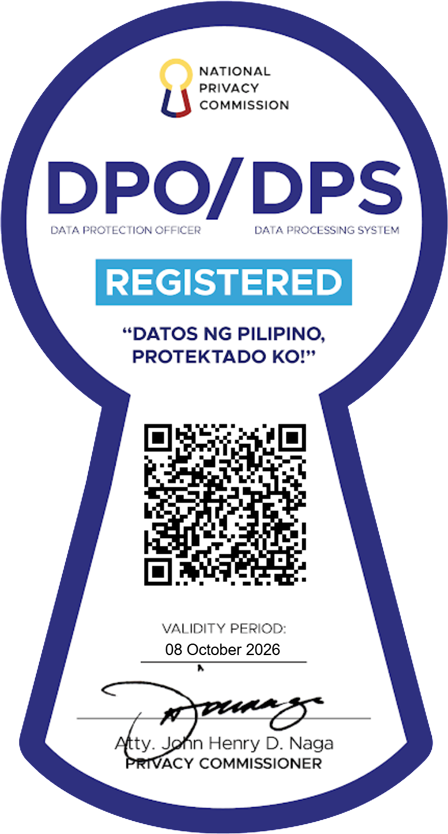When people hear the term family planning, the first thing that comes to mind is usually a clinic visit or a serious discussion about contraception and pregnancy. But what if family planning didn’t have to feel intimidating or awkward? What if it could be something empowering, interactive, and even fun?
In the Philippines, where conversations about sexual and reproductive health are often seen as taboo, reimagining how we talk about family planning can make a huge difference. By making it engaging, approachable, and relevant, we can help more Filipinos take charge of their reproductive health—one conversation at a time.
What Is Family Planning and Why It Matters
Family planning is more than just choosing when and how many children to have. It’s about making informed decisions about your body, your future, and your family’s well-being. It allows couples and individuals to space pregnancies safely, prevent unintended ones, and protect their health.
In the Philippines, family planning plays a crucial role in reducing maternal deaths, promoting gender equality, and improving quality of life. Access to family planning services—such as condoms, birth control pills, implants, IUDs, and injectables—also helps prevent sexually transmitted infections and supports responsible parenthood.
Why It’s Time to Make Family Planning Fun
Talking about contraception and reproductive health doesn’t have to be awkward or clinical. When we add creativity and empathy into the mix, we can break the stigma and encourage more open conversations. Here’s how communities and organizations are already doing it:
1. Interactive Learning Sessions
Community events and mobile clinics are turning family planning education into interactive experiences. Instead of long lectures, they use games, visual aids, and storytelling to explain different contraceptive methods. These activities not only inform but also empower participants to ask questions and learn in a relaxed setting.
2. Social Media Campaigns That Connect
Platforms like Facebook, TikTok, and Instagram have made it easier to share relatable stories about family planning. Campaigns that use humor, pop culture references, or real-life testimonials can reach younger audiences who may not otherwise visit health centers.
3. Engaging Mobile Clinics and Outreach Programs
In the Philippines, organizations like TRUST Reproductive Health Choices are helping make family planning accessible and approachable through programs like the SODEX Mobile Clinic. The bus travels across Luzon, providing free counseling, family planning services, and modern contraceptive options—all in a friendly, non-judgmental environment.
4. Creative Collaborations with Influencers and Artists
When local creators and influencers talk about family planning in fun, authentic ways, it helps normalize the conversation. Art installations, music events, and digital content can all be used to raise awareness while keeping the topic engaging.
The Impact of Making Family Planning Approachable
When family planning is presented in a positive and empowering way, more people are encouraged to participate. Open conversations lead to better understanding, which in turn leads to healthier families and stronger communities.
Fun doesn’t mean trivial—it means approachable. By bringing creativity and compassion into our approach, we make family planning more








